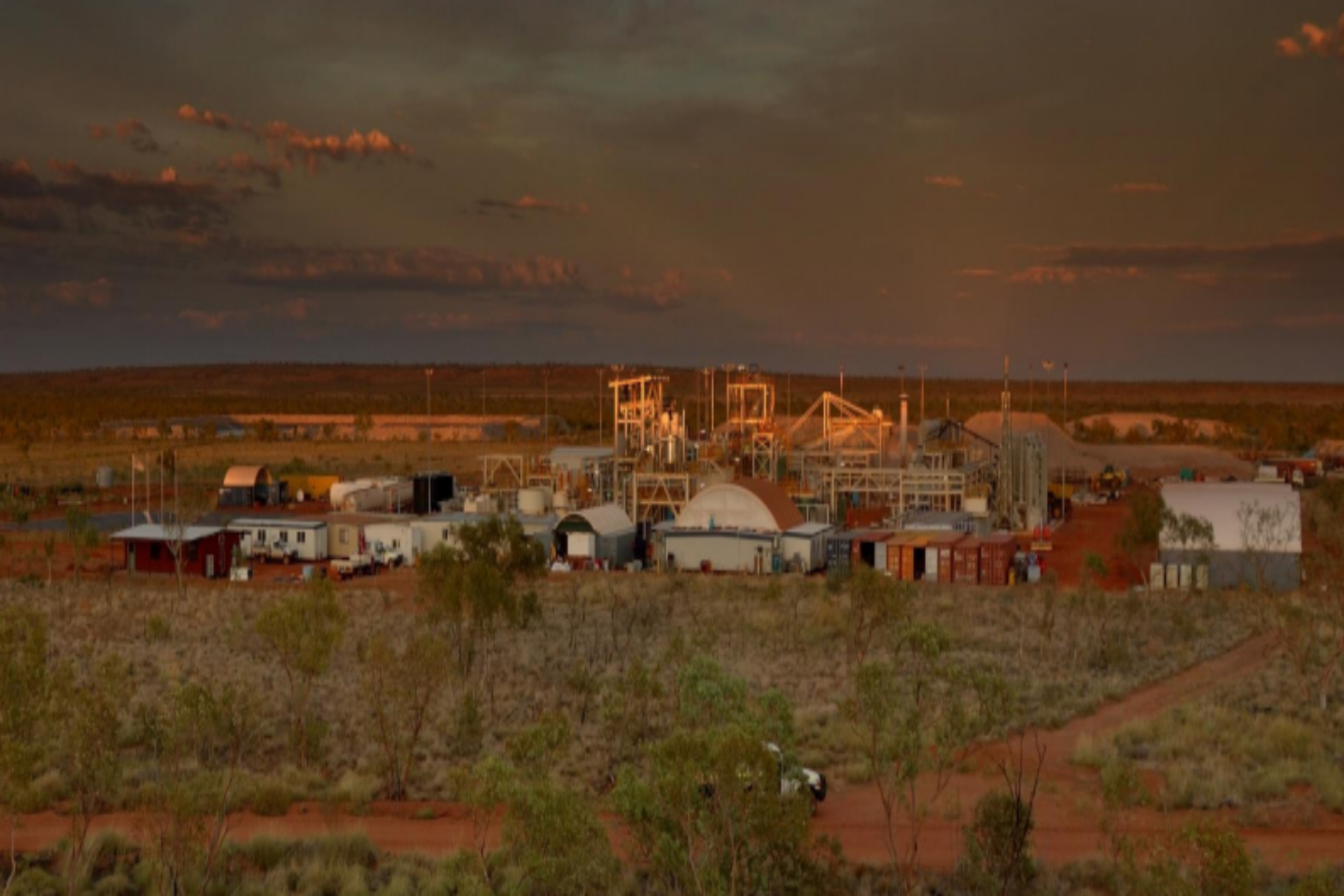Northern Minerals’ definitive feasibility study for its Browns Range rare earths project in WA is on track to be completed in the fourth quarter of this year, as it continues to develop mining, metallurgical processing and plant and engineering design studies. The mining strategy has been determined as an open pit to 125m depth, followed by an underground mine at its Wolverine deposit.


Northern Minerals continues to develop mining, metallurgical processing plant and engineering design studies at its wholly-owned Browns Range rare earths project, 150km south-east of Halls Creek in northern Western Australia.
Northern’s definitive feasibility study (DFS) is on track to be completed in the fourth quarter of this year and will underpin a final investment decision for the project early next year. The company’s mining strategy for the project has been determined as an open pit to 125m depth, to be followed by a longitudinal sub-level retreat underground mine with paste backfill at its Wolverine deposit.
It comes after the company signed a concentrate supply agreement with Iluka for all the Browns Range production in October last year.
During the past quarter, Northern completed geotechnical drilling at the project and finalised its mining strategy at its 6.44-million-tonne Wolverine deposit, which grades 0.96 per cent total rare earth oxides (TREO) comprised of 89 per heavy rare earth oxides. The deposit is unusually rich in dysprosium and terbium, claiming the distinction of being the highest-grade orebody of its type in Australia.
The company says it has advanced process infrastructure design and studies. Wolverine Deeps exploration drilling below 350m from surface is also in progress to test orebody depth extension and Northern says initial results indicate a continuation of the mineralised structure.
Management now has an early estimate of about $500 million for the Browns Range capital expenditure requirement. It is now actively seeking project funding to compliment the concentrate offtake agreement with Iluka that has a part-funding element through the use of direct equity investment, convertible notes and a put-call equity placement option arrangement.
The company is engaging with groups such as the Northern Australian Infrastructure Facility and Export Finance Australia, seeking to participate in their processes and funding packages.
The Browns Range DFS is assessing proposed commercial-scale rare earth mineral mining and beneficiation to produce a rare earths xenotime mineral concentrate rich in dysprosium and terbium to sell to Iluka. The DFS will describe the project parameters, capital expenditure requirements, mining and processing operational expenditure forecasts and the detailed mining schedule, transport logistics, infrastructure and process design.
During the past quarter, the company viewed the completion of its final mining strategy as a key achievement as it forms the basis to develop project mining and production schedules, which will then feed into financial projections. Another important achievement was the hiring of key personnel in the mining and process engineering fields.
Northern operated a sizeable 10 tonnes per hour pilot treatment plant at Browns Range from 2018 up until last year and the knowledge and experience it gained will be leveraged by the DFS – in addition to a previous DFS from 2015. This cautious approach reduces project risk because the metallurgy is now well known and it has enabled concentrate sales to build a market for the project’s production. The decision to supply xenotime concentrate to Iluka significantly reduces project capital requirements and technical and operational risk, according to the company.
The DFS parameters are for the supply of 30,500 tonnes per annum of contained TREO in concentrate in an initial eight-year mine life. It will include 2800 tonnes of dysprosium and 420 tonnes of terbium.
The process flowsheet includes crushing, ore sorting, milling, magnetic separation, flotation and filtration to produce a high-grade 25 per cent TREO xenotime concentrate rich in dysprosium and terbium. Northern says the addition of an ore sorter to increase mill feed grade de-risks mining dilution and represents a big improvement from the 2015 DFS process flowsheet.
Non-process infrastructure planning and design helped progress areas such as the tailings storage facility, surface water management, water supply, airstrip upgrades, roads, power supply, communications and accommodation facilities.
Northern says dysprosium and terbium are prized because their unique properties improve the durability of magnets by increasing their resistance to demagnetisation.
The company has an objective of providing a reliable alternative source of the rare earths to production sourced from China. It is one of the few companies outside of China to have produced the elements and with this track record, there is good reason to believe the Browns Range project could prove to be another success story.
Is your ASX-listed company doing something interesting? Contact: matt.birney@businessnews.com.au












